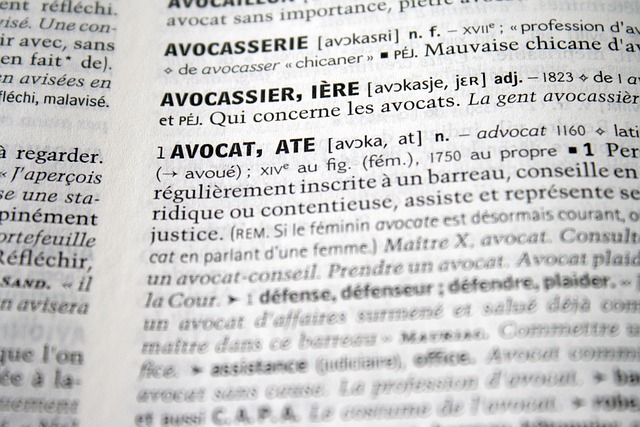Blood Alcohol Level (BAL) testing is a key tool in DUI cases, providing scientific evidence of intoxication through breath, blood, or urine analysis. Accurate BAL results impact legal outcomes and insurance adjustments post-arrest, with rates increasing due to higher risk and legal consequences. To manage insurance challenges effectively, individuals should request detailed documents, insist on proper BAL testing, maintain records, and consult a DUI attorney for guidance, ensuring fair compensation for damages and expenses.
After a DUI arrest, navigating insurance adjustments can be complex. This article guides you through the process, focusing on key aspects like Blood Alcohol Level Testing—its scientific underpinnings and significance in DUI cases. We explore what to expect during insurance adjustments post-DUI and empower you with strategies to protect your rights, ensuring fair compensation. By understanding these steps, you can better manage your claim and its potential impact on your insurance rates.
- Understanding Blood Alcohol Level Testing: The Scientific Process and Its Role in DUI Cases
- Navigating Insurance Adjustments: What to Expect After a DUI Arrest
- Protecting Your Rights: How to Ensure Fair Compensation During Insurance Claims Post-DUI
Understanding Blood Alcohol Level Testing: The Scientific Process and Its Role in DUI Cases

Blood Alcohol Level (BAL) testing is a critical component in DUI investigations, providing scientific evidence to determine an individual’s intoxication level at the time of driving. This process involves taking a sample of breath, blood, or urine to measure the concentration of alcohol present. The most common method is Breath Analysis, where a person blows into a device that detects and quantifies the alcohol content in their exhaled breath. The scientific principle behind this testing is the fact that alcohol consumption leads to increased levels of ethanol in bodily fluids, which can be directly correlated with impairment.
In DUI cases, BAL testing plays a pivotal role by offering an objective measure of a driver’s intoxication. Results from these tests are admissible in court and often carry significant weight in determining guilt or innocence. Accurate BAL readings can help establish the defendant’s level of impairment, influencing legal strategies and potential outcomes.
Navigating Insurance Adjustments: What to Expect After a DUI Arrest

After a DUI arrest, navigating insurance adjustments can be a complex process. The first step is understanding that your insurance rates will likely increase significantly due to the legal consequences and higher risk associated with driving under the influence. Insurance companies use various factors to calculate premium costs, including past claims history, age, driving record, and, notably, Blood Alcohol Level (BAL) testing results. A BAL test result above the legal limit will have a substantial impact on your rates.
During this time, it’s crucial to communicate openly with your insurance provider about the circumstances surrounding your arrest. Be transparent regarding any previous DUIs or traffic infractions, as this information is essential for accurate rate determination. Insurance adjusters will also request details about the incident, such as police reports and legal outcomes, to assess liability and potential coverage implications.
Protecting Your Rights: How to Ensure Fair Compensation During Insurance Claims Post-DUI

After a DUI arrest, navigating insurance adjustments can be complex and stressful. It’s crucial to understand your rights and how to protect yourself during this process. The first step is to request all relevant documents from your insurer, including details of the policy, claims history, and any correspondence with legal entities. This ensures you have a comprehensive understanding of your coverage and potential limitations.
Additionally, ensure that your insurance company conducts thorough Blood Alcohol Level Testing to determine fault accurately. Keep detailed records of every interaction with your insurer, noting dates, names, and outcomes. If you believe your rights are being violated or if the compensation offered is inadequate, consult an attorney specializing in DUI cases. They can guide you on legal options and ensure fair compensation for damages, medical expenses, and any other relevant costs.
After understanding the scientific process behind Blood Alcohol Level (BAL) testing and its pivotal role in DUI cases, navigating insurance adjustments becomes more manageable. Knowing what to expect post-arrest equips individuals to protect their rights and ensure fair compensation during insurance claims. By following best practices outlined in this article, folks can navigate this challenging landscape effectively, fostering a more transparent and just system, even in the face of a DUI conviction.






